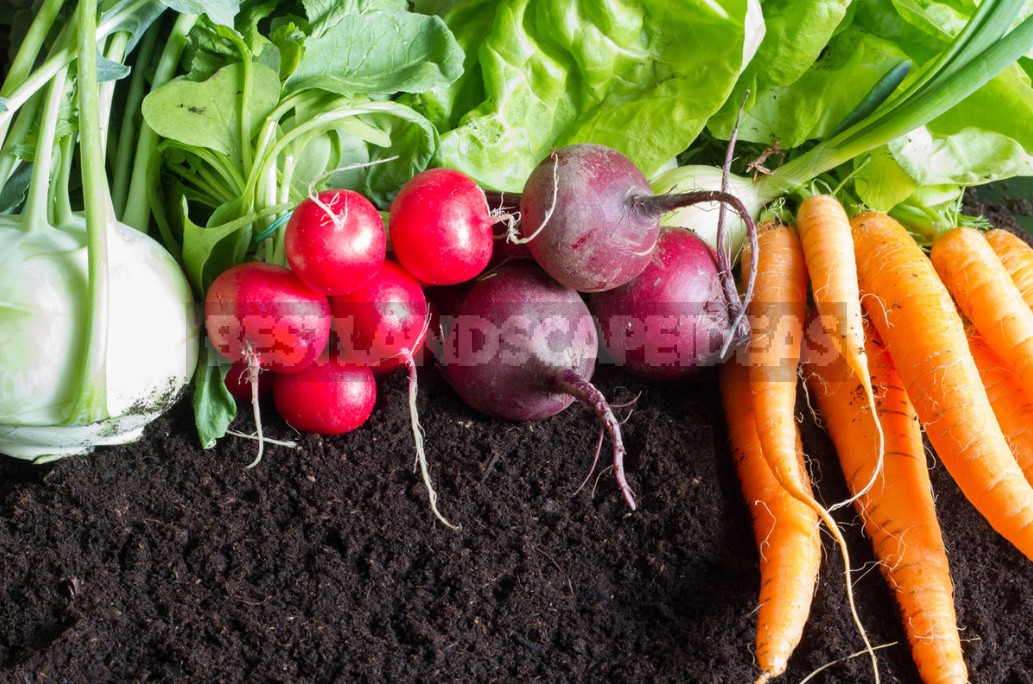
Every cottager knows that in order to get a decent harvest, it is necessary to feed the plants, otherwise you will not see the varietal characteristics declared by the producers. Unless in ideal conditions — but who among us can boast of such? So we begin to pour out one, two, and three, to water the ground with solutions and powder with magic powders, and all with the same goal — to harvest a good crop. But will such a harvest be environmentally friendly and will it bring benefits? It’s up to you.
After all, you have a choice: use mineral fertilizers or understand the subtleties of applying biofeedback, add chemicals to the soil or increase fertility by natural means. The path of organic farming is not easy,and sometimes even thorny, but it is worth all the effort.
Three stumbling blocks
On the way to an environmentally friendly crop, there is a serious enemy-and this is the gardener himself! His generosity is sometimes off the scale. When it comes to fertilizing, a rare cottager will resist the temptation to at least slightly exceed the norm of fertilizers; some solutions are made by eye, and the granules are scattered without stint. After all, the concept of “more fertilizers-a richer crop” is extremely tenacious, although it is erroneous and even harmful: fruits stuffed with chemicals promise little good for your health.
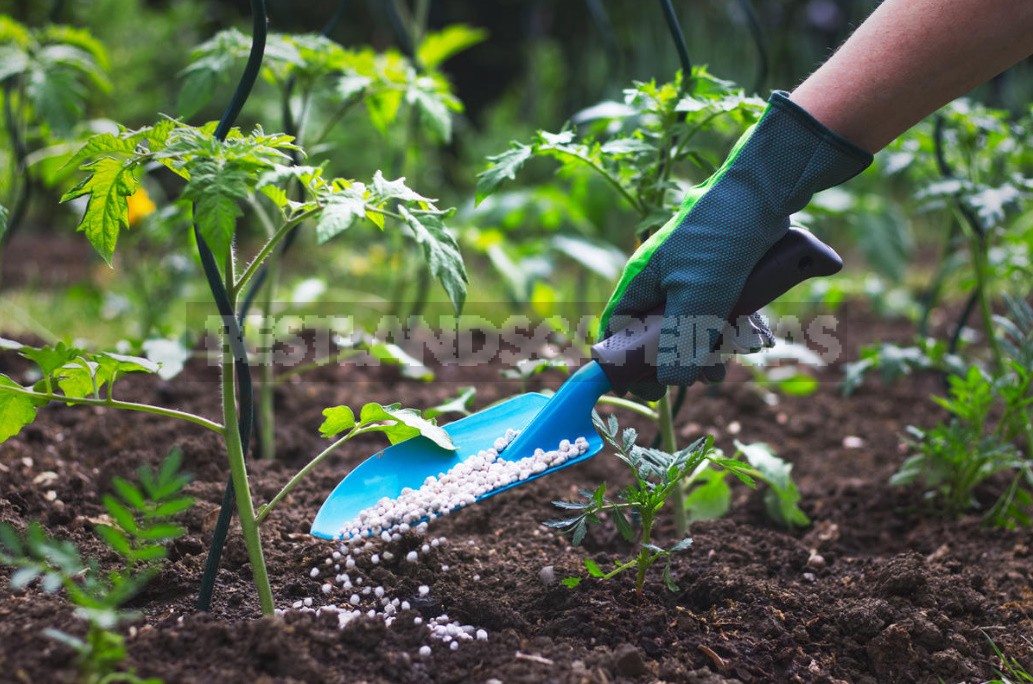
Another stumbling block on the way to environmentally friendly vegetables and fruits is the resistance to pests and plant diseases. The victory is expensive: processing begins in early spring and is carried out until late autumn, and repeatedly. It is good if the gardener categorically does not accept the use of anything on his site other than biologics and harmless folk remedies. But more often the choice falls on powerful chemical fungicides and insecticides, they act much faster and more effectively. In addition, if the situation is critical, sometimes you can not do without them.
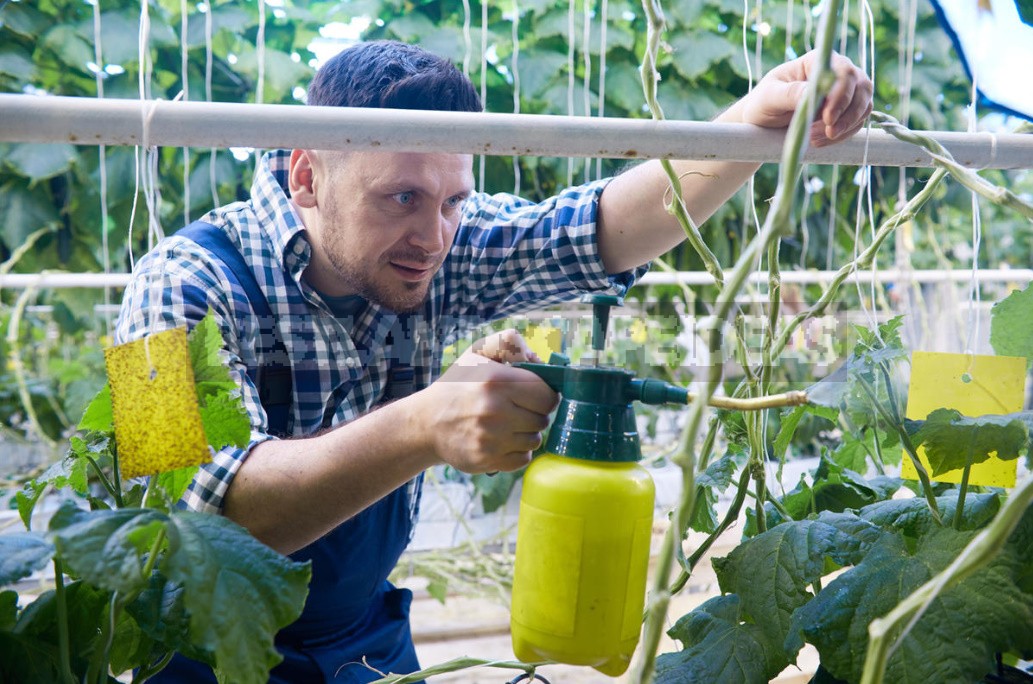
Excessive use of chemicals invariably leads to a deterioration of the environmental situation on the site. Useful microflora dies, pathogens are activated, summer residents increase the concentration of solutions or the multiplicity of treatments, pathogens mutate, become more stable, gardeners switch to more serious drugs — a closed circle in which there are no winners. The picture is sad, but not hopeless. You can and should fight for the purity of the soil, vegetables and fruits, the main thing is to do it correctly, then success is guaranteed.
Components of environmental success
First, it is necessary to minimize the use of agrochemicals, and ideally-to abandon them altogether, replacing them with environmentally safe biologics. Perhaps, at first, you will have to give up a small fraction of the crop, but then you will have to choose-either “useful” or”a lot”. Don’t worry: these are temporary difficulties that just need to be overcome; the process of healing the poisoned soil will take some time.
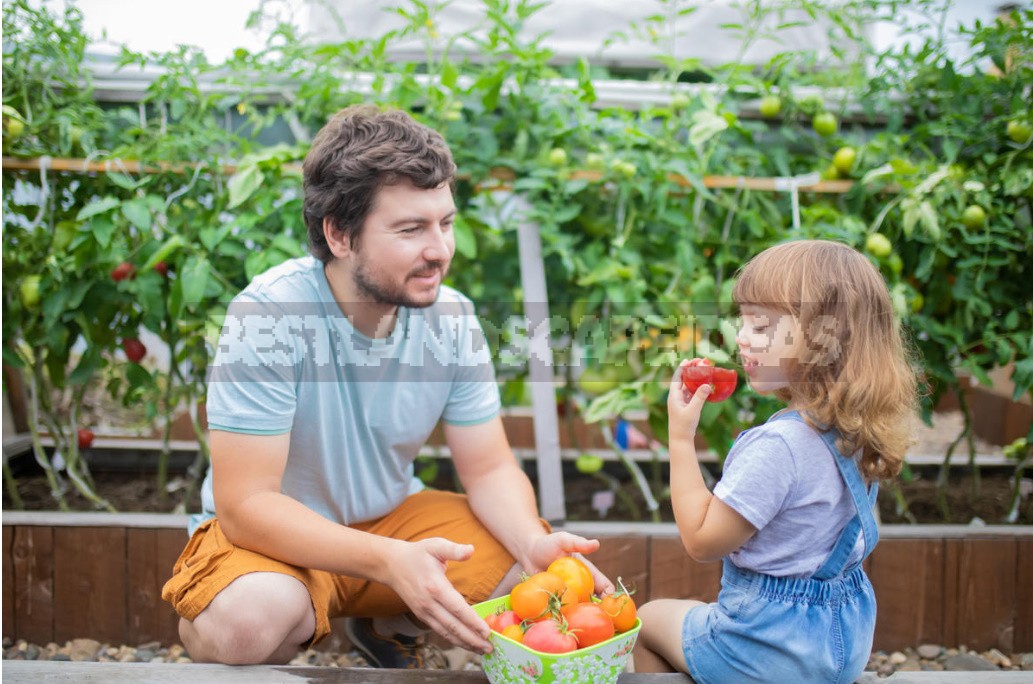
Secondly, it is necessary to neutralize pesticides accumulated in the soil or products of their intermediate decomposition and return the soil to its natural fertility. This task is much more complex; it can be solved in various ways up to the cardinal-replacing the soil or preserving the site for the period of soil improvement. But there is a simpler, more effective and faster method, and available to every cottager — to use microbiological preparations.
The third and one of the most important steps is a meaningful choice of medications. And they need a lot for gardening: you need to prepare the seeds for sowing, feed the seedlings, fertilize the fruit-bearing crops, and take care of the soil’s fertility.

As you can see, drugs accompany the future crop from seed to maturity, so the requirements for them are high, because it is about our health. They must:
- be environmentally friendly;
- provide plants with complete nutrition in an easily accessible form;
- help strengthen the immune system of cultures;
- increase soil fertility;
- accelerate the decomposition of pesticides.
Pesticides are the trouble of our time
For most summer residents, the most pressing issue is cleaning the soil from pesticides, because it is the basis of environmentally friendly products.
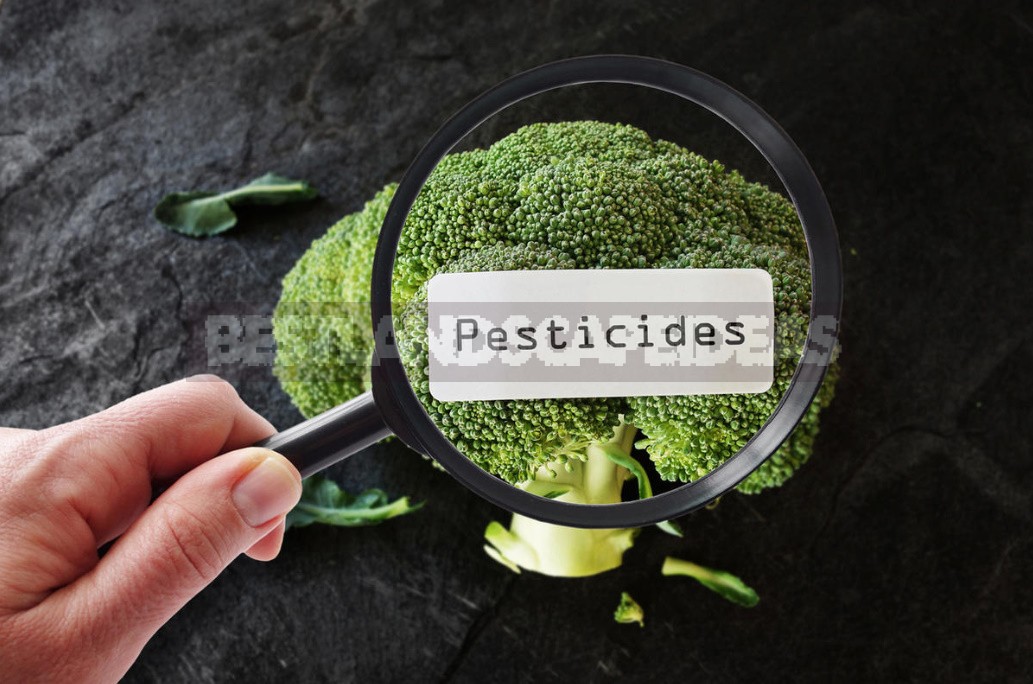
Since many people simply do not know how to do this, let’s first look at the theory, so that we can build a correct algorithm for practical actions. We will omit the complicated scientific terms and try to present the essence briefly and clearly.
So, the process of decomposition of pesticides occurs under the influence of soil microflora. The rate of biodegradation is determined by how many types of soil microorganisms take part in the action. If one type of microbe works, the process is slower; if several types work, it is as fast as possible.
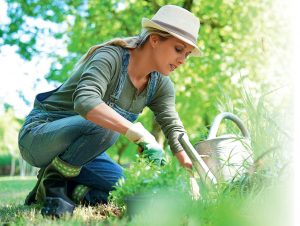
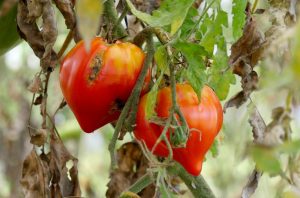

Leave a Reply